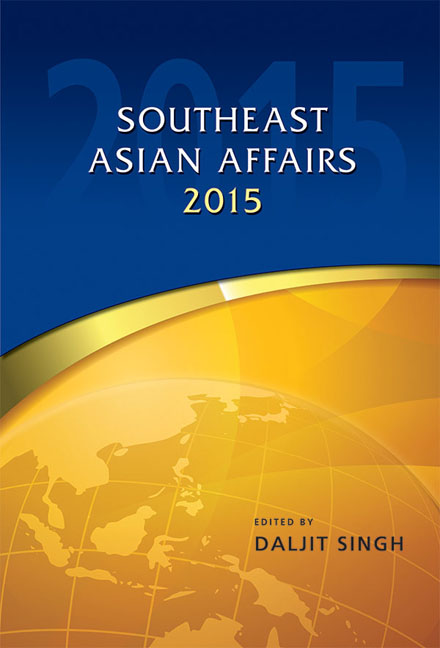Timor-Leste: The Two Sides of Success
from TIMOR-LESTE
Published online by Cambridge University Press: 19 May 2017
Summary
In just a year from 2013 to 2014 Dili has undergone major changes. Just outside the airport, which is to undergo a significant expansion, stands a gigantic statue of Nicolau Lobato, the guerrilla leader and sometime President of the selfproclaimed Democratic Republic of Timor-Leste, who was gunned down by the Indonesian occupiers in 1978. The statue evokes the outstanding role played by the Resistance in the struggle for national liberation, and symbolizes the contribution of deep-rooted national values (as opposed to foreign-born ideas) that have come to dominate the political discourse in the country. These ideas contributed to the victory of Taur Matan Ruak in the presidential elections two years ago and subsequent defeat of the more cosmopolitan former President, Jose Ramos-Horta. Towards the city centre there is a brand new double bridge over the Comoro River. A few yards away there are signs of new investment as exemplified by Timor Plaza, a bustling shopping mall with fancy establishments like cafés, restaurants, fashion stores, bookshops, a cinema and even an Apple Macintosh outpost. Groups of youth, using the Internet Wi-Fi facilities provided by some mobile phone operators, cram its corridors. In addition there are upmarket office facilities occupied by many international enterprises that have established themselves in the country.
On the newly paved seafront, a new building reveals a little of the motivation behind this recent surge in public works: the headquarters of the Commonwealth of Portuguese Speaking Countries (CPLP) which had its regular summit in Dili in late July, bringing several heads of state and government from Africa, Europe and South America to the country, and promoting Timor-Leste to the chair of the organization for the next two years — a most significant achievement for its young diplomatic corps. A few blocks inland, and dominating the cityscape, another imposing building, the ten-storey iron and glass air-conditioned Ministry of Finance which cost over an estimated US$50 million, was inaugurated by the Indonesian President Susilo Bambang Yudhoyono on the occasion of his farewell visit. Indonesian building companies had taken the largest share in the construction, an example of the thriving commercial relations that bind the two countries. Several other ministries have completed building their new headquarters (Ministry of Solidarity) or are in the process of building them (Ministry of Justice).
- Type
- Chapter
- Information
- Southeast Asian Affairs 2015 , pp. 371 - 384Publisher: ISEAS–Yusof Ishak InstitutePrint publication year: 2015



